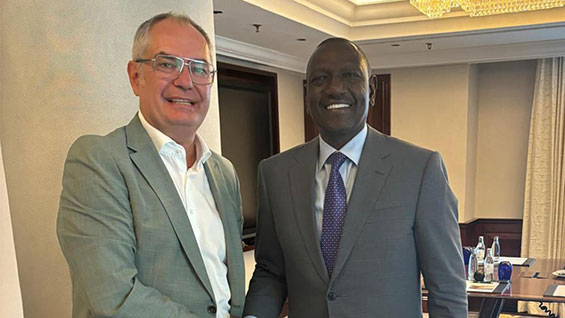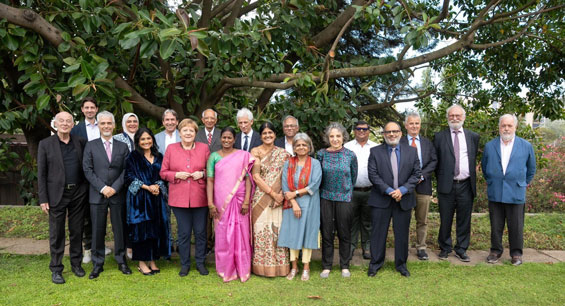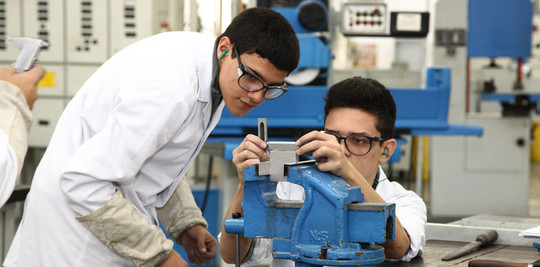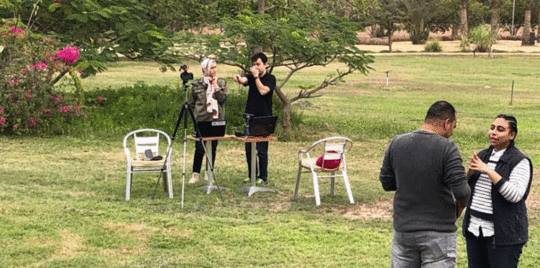
30 new trainers trained my master trainers
50 % are female trainers
Project start
Regions
Africa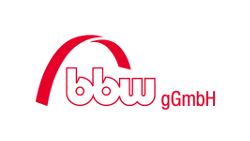
Operating Company
PWaSS: Promotion of Participation of Women in the Kenyan Water and Sanitation Sector
PWaSS: Promotion of Participation of Women in the Kenyan Water and Sanitation Sector
Women's empowerment in Kenya's water sector
Although the Kenyan government has declared access to clean drinking water a human right, only a minority of the Kenyan population still has clean water. This can be remedied by deploying more women in the sector. Women are underrepresented in technical enterprises, including the water sector, and play only a minor role in middle and senior management. This is where the project starts to improve the situation of women through efficient training measures.
To this end, the Bildungswerk der Bayerischen Wirtschaft (bbw) gGmbH, the Women in Water and Sanitation Association (WIWAS) and the Kenya Water Institution (KEWI), the only training centre for employees in water supply and sanitation companies in Kenya, are working together with the aim of better reflecting and representing the concerns of all social groups and especially those of women in the water sector and in the associated educational institutions through concrete measures, goals and strategies.
Why do women need special support?
Women are disadvantaged with regard to water in several respects. For example, they often spend a lot of time in the household fetching water for the family over long distances and are thus unable to generate their own income or go to school. In addition, they are often underrepresented in water supply and sanitation companies and are rarely professionals or managers.
Training of 10 new BIWAC trainers at three Kenyan sites
The PWaSS project contributes to the increased integration of women's experience, knowledge and skills into the management level of the Kenyan water sector. Key project activities include strengthening the WIWAS (Women in Water and Sanitation) association to advocate effectively for women's issues and improve water supply, and training ten new BIWAC trainers (at least 50% female) at three locations. The organisation of a Kenya Skills Competition for trainees in Kenya also promotes interest in vocational training in the water sector.
The project is funded by the German Federal Ministry for Economic Cooperation and Development (BMZ) via sequa. Project duration is from August 2023 to July 2024



